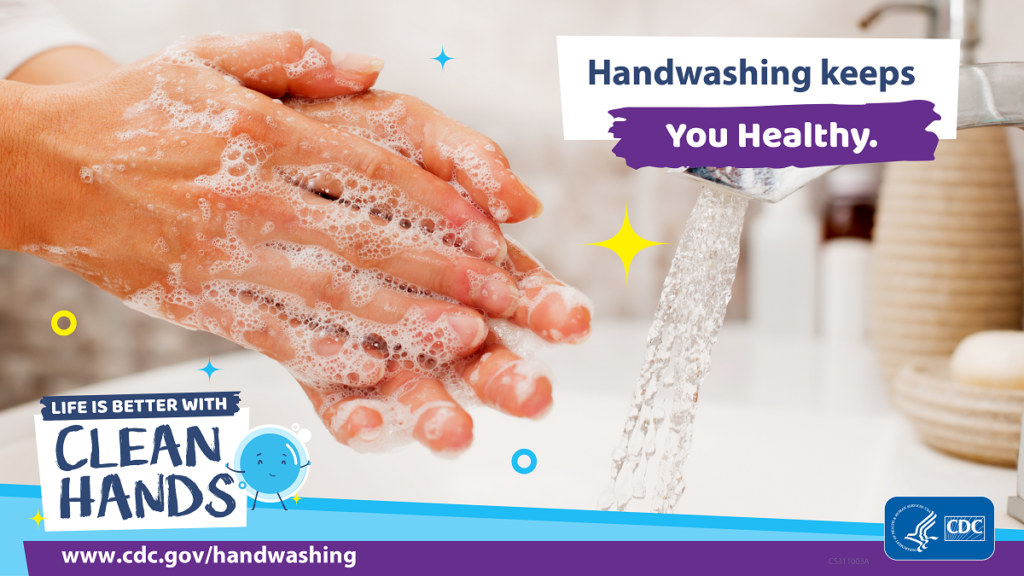Special topic: coronavirus disease 2019 (COVID-19)
It’s a word that’s top of mind for people all around the world: coronavirus.
What is a coronavirus, anyway? Coronaviruses are a specific type of virus, named for the crown-like spikes on their surfaces (corona meaning “crown”). First identified in the 1960s, many coronaviruses exist, including those that cause the common cold.
You may have heard the coronavirus in today’s headlines referred to as a novel coronavirus. This means it has not been previously seen or identified in humans. The virus has now been named “severe acute respiratory syndrome coronavirus 2”, or SARS-CoV-2, for short. The resulting disease caused by this virus is called “COVID-19.”
This virus is thought to spread from person-to-person, by close contact or by respiratory droplets from an infected person’s cough or sneeze, or by contact with infected surfaces or objects.
Dr. Aaron Carroll, host of the Healthcare Triage podcast and video series, published this episode on coronavirus and spread of other viruses
There is currently no vaccine to prevent COVID-19. However, the Centers for Disease Control and Prevention (CDC) recommends everyday preventive actions to help prevent the spread of this (and other) respiratory diseases. These include covering your cough or sneeze with a tissue or coughing/sneezing into your elbow (not your hand), and washing your hands regularly and correctly (more on handwashing below).
The CDC’s recommendations include standard preventive actions, primarily:
- Avoid close contact with people who are sick.
- Stay home if you are sick.
- Avoid touching your eyes, nose, and mouth.
- Cover your cough or sneeze with a tissue, then throw the tissue in the trash.
- Clean and disinfect frequently touched objects and surfaces.
- Wash your hands often, and wash them correctly (more on that below).
The CDC does not recommend facemasks as a preventive action for healthy people. Facemasks should be used by anyone with symptoms of COVID-19 to help prevent spreading the disease. The U.S. surgeon general, Indiana University School of Medicine alum Jerome M. Adams, also stated that masks are not effective in protecting the general public from the virus.
[Editor’s note: in the time since this post was published, new research has shown that wearing masks may stop the spread of the virus to others. So we are doing our part and wearing our masks when out in public. Let’s look out for each other.]
While it might seem that stockpiling one’s own supply of facemasks is a good idea, this practice reduces the masks available for those who are sick and endangers doctors, nurses, and other frontline healthcare workers around the world, as explained in this World Health Organization (WHO) news release.

Now, a word on handwashing
Handwashing can help prevent illness. But many people do not wash correctly. The CDC lists five simple steps to washing hands the right way. So let’s all step up our handwashing practice:
- Wet your hands with clean, running water (warm or cold), turn off the tap, and apply soap.
- Lather your hands by rubbing them together with the soap. Lather the backs of your hands, between your fingers, and under your nails.
- Scrub your hands for at least 20 seconds. Need a timer? Hum the “Happy Birthday” song from beginning to end twice. (Tired of “Happy Birthday”? We’re enjoying this conversation on other 20-second songs.)
- Rinse your hands well under clean, running water.
- Dry your hands using a clean towel or air dry them.
Learn more from the CDC about the science behind the recommendations, and bookmark our resources page for this and more handwashing facts and tips.
Coronavirus research
- Biomedical engineers at Purdue University have developed a handheld paper device to help detect coronavirus and other types of virus.
- Researchers at Butler University have been researching coronavirus for the past decade.
- Regenstrief Institute researchers have developed codes to identify lab tests for screening.
- Researchers at the University of Texas at Austin have created a 3D map of a piece of the virus, supporting work of researchers around the world.
- The coronavirus outbreak is changing the way scientists communicate while doing research.
- More than 80 clinical trials seeking treatments or cures are underway in China, and are beginning in the U.S., including the first U.S. clinical trial at the University of Nebraska Medical Center in Omaha.
We would not be doing our job at All IN for Health if we didn’t take a moment to remind you of the critical importance of health research. This is a real-time example of why we promote health research and encourage you to complete a research volunteer network and be matched to available studies, including clinical studies.
Staying updated
Follow reputable sources to stay updated on this coronavirus and the spread COVID-19. We continue to look to the Centers for Disease Control and Prevention, the National Institutes of Health, and the World Health Organization for news and updates.
Within Indiana, you can also follow the academic communities for close monitoring and updates. Indiana University, including IU School of Medicine, Purdue University, and University of Notre Dame are all maintaining robust digital portals on the virus and disease spread, including updates on campus impact, health advice, student travel, and more. You can also look to the Indiana State Department of Health for updated, factual information.
IU Health has also published an information portal, in addition to offering free virtual COVID-19 screenings.
It seems coronavirus news is everywhere we look or listen, and it’s easy to be swept up in sensationalism and panic. The fact is: coronaviruses are here to stay. Remain calm, be informed, and stay healthy.
